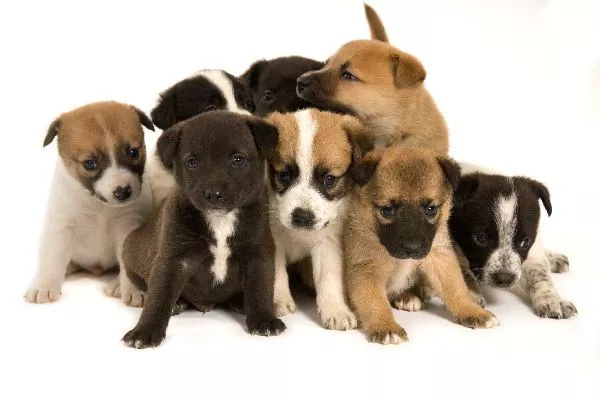Ragdoll cats are a beloved breed known for their affectionate personalities, silky soft fur, and unique physical traits. But what is it that makes Ragdolls so special? In this article, we’ll explore the history and characteristics of Ragdoll cats, and discover what sets them apart from other feline companions.
History of Ragdoll Cats
The Ragdoll breed was first developed in the 1960s by a woman named Ann Baker, who lived in Riverside, California. Baker bred a white, long-haired cat named Josephine with a Birman or Burmese-type male cat, and the resulting kittens had unique physical and temperamental traits. Baker continued to selectively breed these kittens to produce cats with a gentle, friendly demeanor and a distinct floppy posture, and named the breed “Ragdoll” to reflect their tendency to go limp when picked up.
Characteristics of Ragdoll Cats
- Physical Traits
One of the most distinctive physical traits of Ragdoll cats is their large size. They are one of the largest domestic cat breeds, with males weighing up to 20 pounds or more. They have a muscular body, broad chest, and a semi-long, silky coat that comes in a variety of colors and patterns. Ragdolls also have bright blue eyes, which are almond-shaped and set at a slight angle.
- Temperament
Ragdoll cats are known for their sweet and gentle nature, earning them the nickname “puppy cats.” They are very social and affectionate, often following their owners around the house and seeking out attention. Ragdolls are also very docile and calm, making them a great choice for families with children or other pets.
Ragdolls are not typically known for being vocal, but they will communicate with their owners through gentle purrs and chirps. They also enjoy playtime, and can be trained to fetch or play with interactive toys.
- Special Needs
Because of their gentle nature, Ragdoll cats are not well-suited for outdoor life and should be kept as indoor cats. They also require regular grooming to maintain their soft, silky coat, and should be brushed at least once a week to prevent matting and hairballs.
Additionally, Ragdolls are prone to certain health issues, such as heart disease and bladder stones. It’s important to schedule regular check-ups with a veterinarian and monitor their diet to ensure they stay healthy and happy.
Ragdoll cats are a special breed known for their gentle temperament, large size, and unique physical traits. Their affectionate nature and docile personalities make them great companions for families, and their soft, silky coats are a delight to touch and groom. Remember to keep your Ragdoll cat indoors, provide regular grooming, and monitor their health to ensure they live a long, happy life.


























